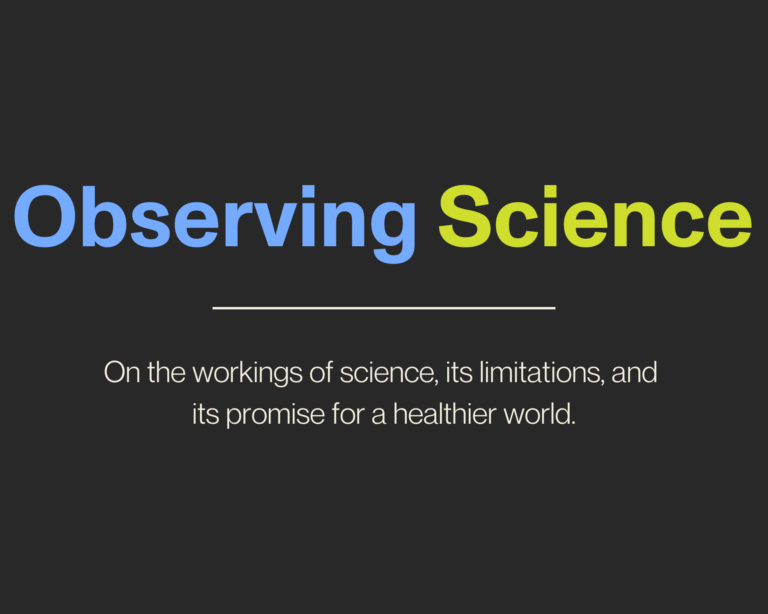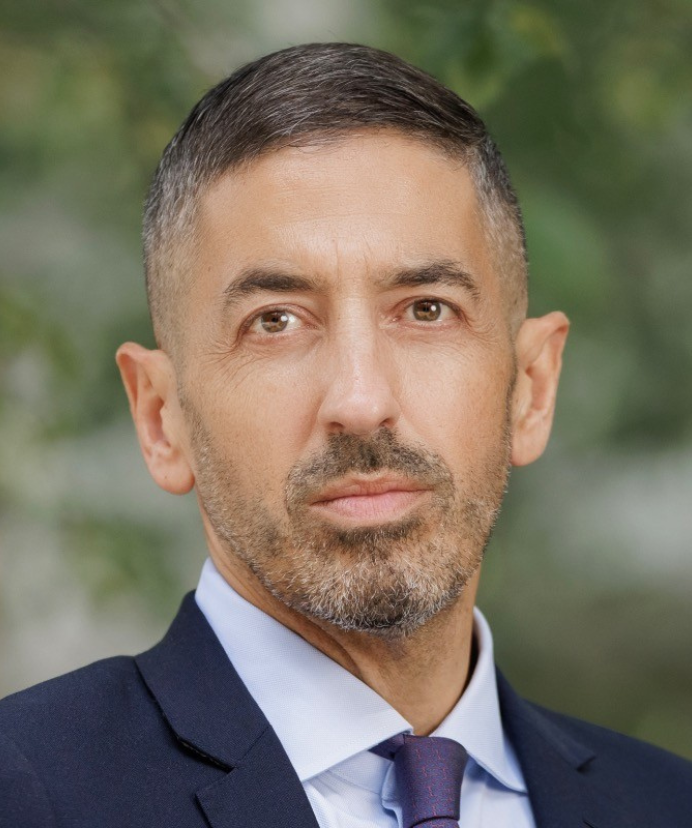Speaking Out
On how and when scientists speak out and engage, pushing beyond peer review and into the public conversation.

Read Time: 4 minutes
Published:
“Is it enough to do good science and publish it in reputable peer-reviewed journals?” asks historian of science Naomi Oreskes.
A resume filled with peer-reviewed publications and presentations at scientific meetings is the standard scientific career. And yet, more and more scientists are finding themselves translating a piece of their work for a larger audience. There are scientists who enter fields that they know are more public—those who study climate science or gun violence or the outcomes of child poverty—and who, as such, can expect to be called upon to engage in the public space. But the spread of misinformation calls on the engagement of scientists of all stripes from time to time. What does a scientist do, in the performance of her research, when she feels the needs to speak out on an issue on which she is an expert, pushing beyond peer review into public view?
The hit movie in the past year that reminds us of this is the story of Oppenheimer. Here was an intellectually excitable theoretical physicist asked to create a weapon of destruction that was not theoretical, a scientist who came to understand what annihilation means in the world with atomic energy. When its catastrophic potential was unleashed to produce suffering and the end of a World War, Oppenheimer knew he was responsible for this first bomb’s manufacture and, in part, for its use. Later, he spoke against the next generation of weapons, even as nuclear arsenals became world-defining.
To speak out—for Oppenheimer and for scientists today—moves one outside the company of colleagues and into a new set of practical and ethical challenges. Where to speak out? Where are your announcements likely to generate positive effects and pressure? Are you speaking to policy-makers or the public, or both? What is the measure of success?
By and large, scientists are free to make their own decisions about when to engage publicly. Doing so is becoming increasingly part of scientists’ responsibility.
We suggest that scientists have a special obligation to come forward with expert knowledge when that is relevant to the world at large. We offer four issues for scientists to keep in mind when they take on the mantle of public engagement, straying beyond the typical confines of academic engagement.
First, one must speak with honesty and accuracy, communicating technical ideas via intelligible arguments with clear meaning. Public speaking is an act of translation; scientists must learn a form of storytelling that fits the audience and the purpose. Sometimes such speech involves using a moderate tone, other times, outrage.
Second, scientists should speak specifically to their area of work and expertise. Staying close to what they know best, experts can call attention to aspects of an issue that are less prominent but important. For example, climate change involves not only arctic melting and extreme weather events, but the emergence of infectious disease. Critically, experts can offer a sense of a problem’s magnitude, significance, inequalities in burden, and time frame, not only that there is a problem.
Third, engagement in the public arena is stronger when it involves the many. As such, part of such engagement should involve convincing others in the field about the importance of taking on a public voice. Even a small company of knowledgeable supporters is advantageous. To be able to offer a collective voice generates credibility.
And fourth, scientists should not (certainly not at first) advocate for specific policy solutions. They can speculate about worst outcomes or challenge societal inertia, but the role of science remains principally to offer data and insights that can encourage societal action.
More and more, scientists are feeling the need to engage in the public conversation, to counter the spread of false information, to set the record straight. By and large, scientists are free to make their own decisions about when to engage publicly. Doing so is becoming increasingly part of scientists’ responsibility. Learning how we do it well, then, becomes a critical part of our efforts.
Previously in Observing Science: The Pump Handle




